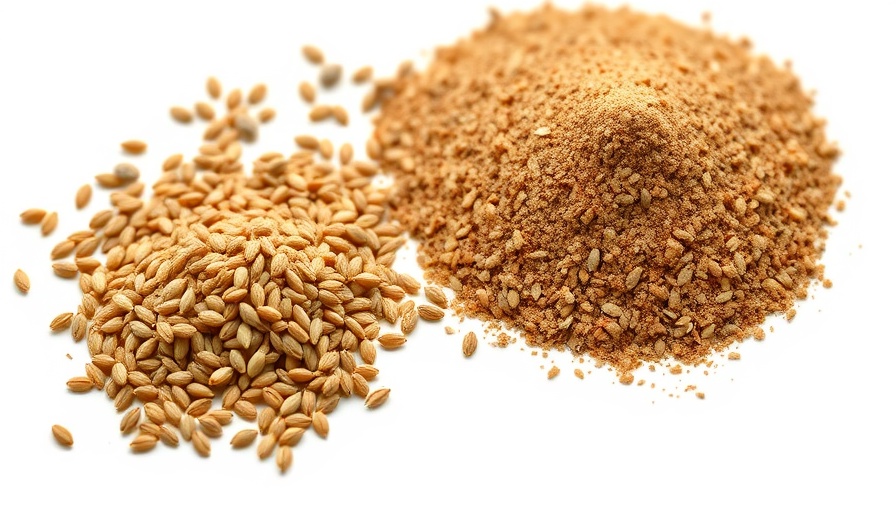
Understanding the Bowel Movement: What Is Constipation?
Constipation afflicts millions, characterized by infrequent bowel movements or hard, dry stools that are difficult to pass. Many wonder: At what point does occasional irregularity become a concern? Officially, the definition of constipation is having fewer than three bowel movements per week, but the implications go much deeper. It is often not linked to a serious illness but rather lifestyle choices, including poor diet and insufficient physical activity.
The Role of Diet: Fiber as Your Ally
A lack of dietary fiber is a pervasive culprit behind constipation. As our diets have shifted towards processed foods, the resulting deficiency often leads to sluggish digestive health. Foods rich in fiber, such as fruits, vegetables, whole grains, and legumes, can significantly alleviate the problem. For adults over 50, it is crucial to aim for about 21-30 grams of fiber daily. Yet, unfortunately, most people consume only about half that amount, which may help explain the widespread experience of constipation.
Hydration: The Unseen Hero in Digestion
Dehydration remains one of the primary causes of constipation. Water plays an indispensable role in digestion; it not only helps to soften stools but also aids in the secretion of digestive enzymes that are essential for proper gut function. Increasing water intake can thus facilitate smoother bowel movements, making hydration a necessary, yet often overlooked, aspect of digestive health.
Movement Matters: The Power of Exercise
Regular physical activity is vital for maintaining digestive health. Emphasizing core exercises can lead to increased abdominal strength and stimulate intestinal movement. As Dr. Nicket Sonpal MD notes, engaging in activities like Pilates can significantly aid in promoting healthy bowel habits. So, combining a healthy breakfast with regular exercise can lead to a positive impact on overall gut function.
Beyond Bowel Movements: The Broader Implications of Constipation
While constipation is sometimes viewed solely as an uncomfortable nuisance, emerging research highlights its potential connections to other health issues. For instance, a study in the American Journal of Physiology indicates that individuals with constipation may experience a greater risk of heart disease. Coupled with high blood pressure, the consequences could be severe. This underscores the importance of addressing even minor digestive concerns before they escalate.
Constipation is often preventable and manageable when understood holistically. By prioritizing dietary fiber, hydration, and exercise, you can foster better digestive health and carry these principles into a healthier lifestyle.
 Add Row
Add Row  Add
Add 




Write A Comment